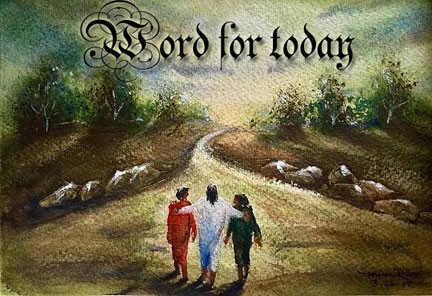Watch
Events
Articles
Market
More
112125 / 29th day of the 8th month 5786
WORD FOR TODAY “do you thirst”: Mat 5:6 "Blessed are those who hunger and thirst for righteousness, for they shall be satisfied.
WISDOM FOR TODAY: Pro 19:28 A worthless witness makes a mockery of justice, And the mouth of the wicked spreads iniquity.
Ask the LORD; if you died today would you get into heaven?
www.BGMCTV.org




Thought for Today: Friday November 21
Although the doctrine of the Trinity is difficult for us to understand, the Bible teach that He is co-equal with YHVH the Father and co-equal with YHVH the Son. The Bible also teaches that the Holy Spirit is a Person. He is never to be referred to as “It” … He is a mighty Person, and He is the Spirit of YHVH. The Bible tells us as well that He is Omnipotent… He has all Power. The Bible also tells us that He is Omnipresent… He is everywhere at the same time. With the seventeenth century Anglican bishop, Jeremy Taylor, I can say: “It is impossible for that man to despair who remembers that his Helper is Omnipotent.”



This Giving Tuesday, you can help restore what was erased. One Mission. One God. Yehovah.
Help Reveal God’s Name to the Nations this Giving Tuesday. Every gift makes the hidden visible. #yehovah #agendafree #givingtuesday
👉 Join the Mission:
https://www.nehemiaswall.com/one-mission



